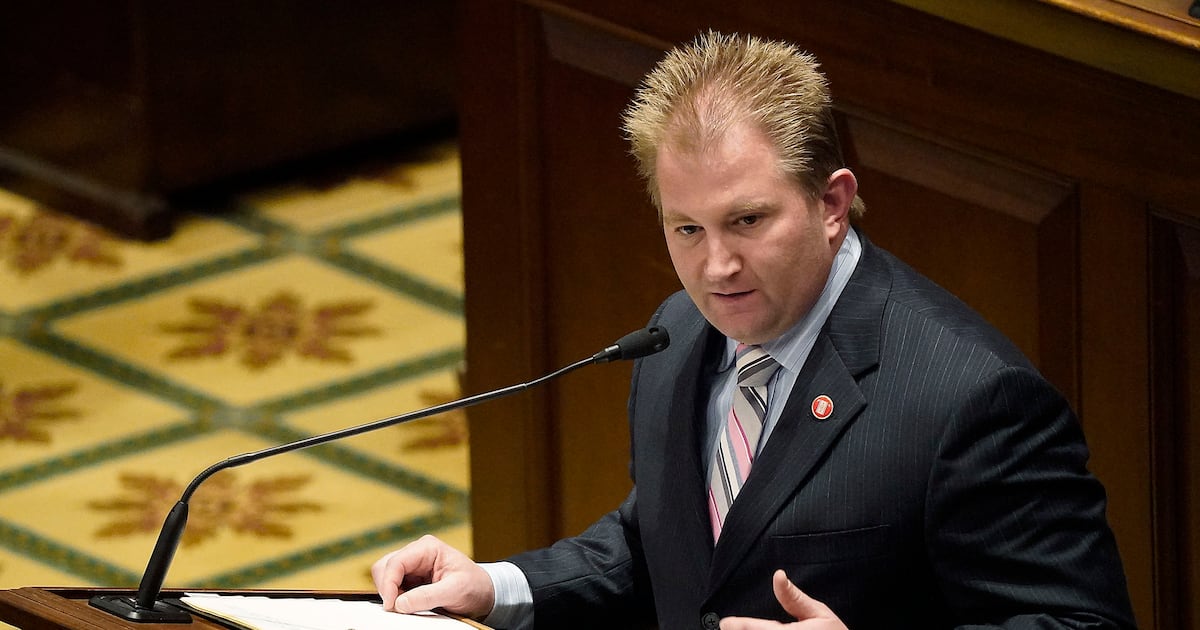Unkotare
Diamond Member
- Aug 16, 2011
- 136,320
- 28,242
- 2,180

Tennessee bills could block undocumented students from public schools
The sponsors acknowledge that their bills are unconstitutional. Enactment could set up a challenge to longstanding federal guarantees of free education.
"Undocumented students could be denied enrollment in Tennessee public schools under new legislation introduced by Republican state lawmakers in a direct challenge to current federal law.
The bills are set for debate in the House Education Committee and the Senate Finance, Ways and Means Committee this week, where lawmakers could vote to advance the legislation for further consideration.
Both bills are unconstitutional under the U.S. Supreme Court’s 1982 decision in Plyler v. Doe, the sponsors of the legislation acknowledge. That decision held that students have a right to a free public education regardless of their immigration status. If passed, the Tennessee legislation could become a test for the conservative-leaning Supreme Court to revisit the decision amid a broader crackdown on illegal immigration by the Trump administration."

